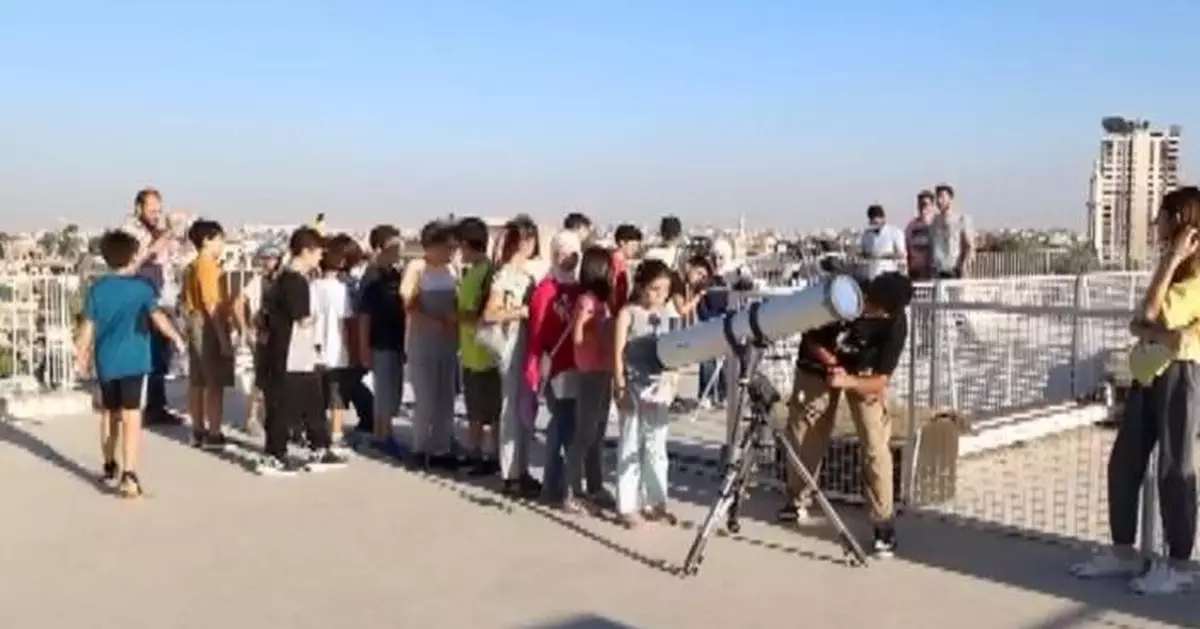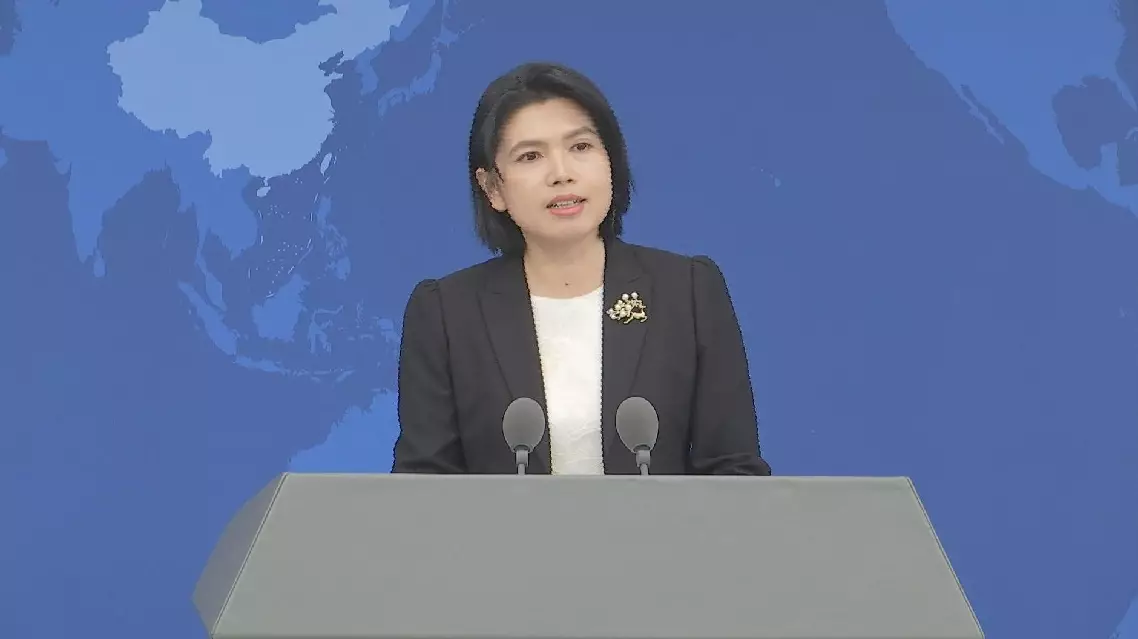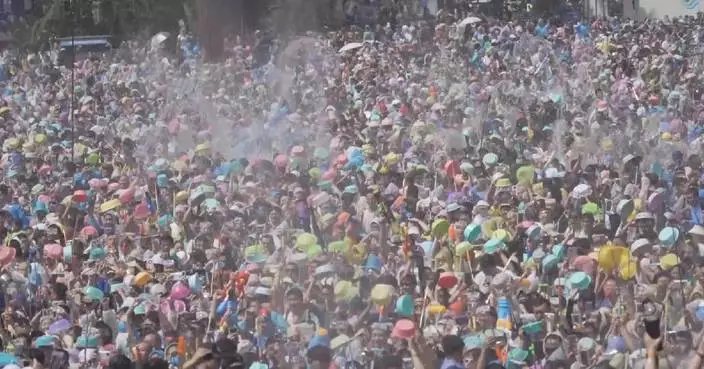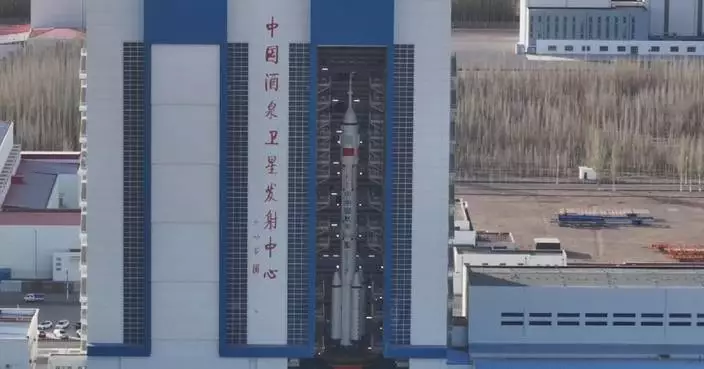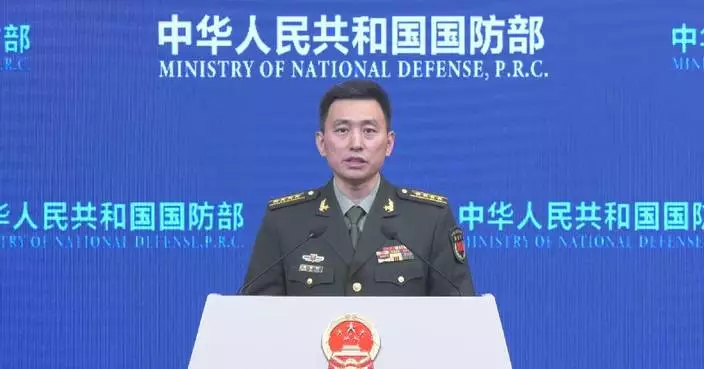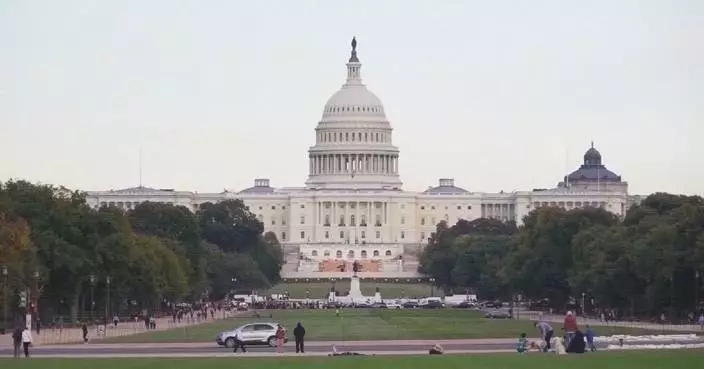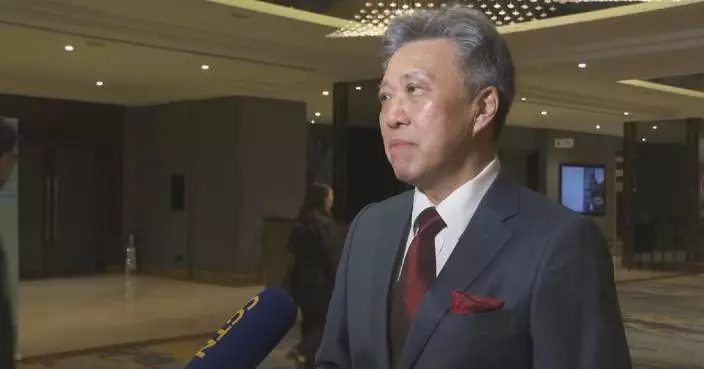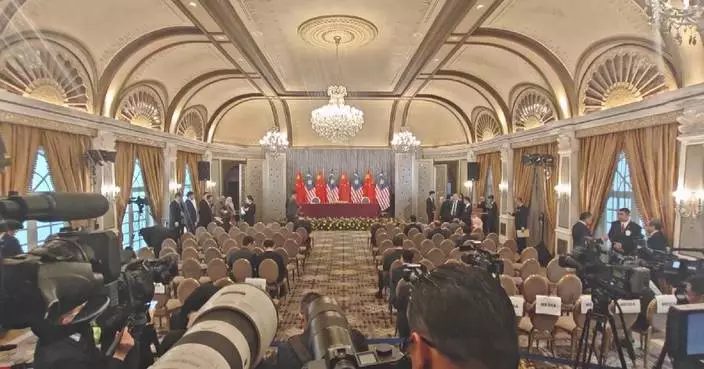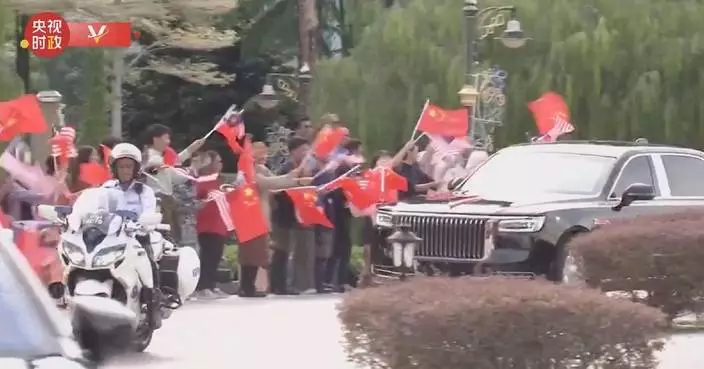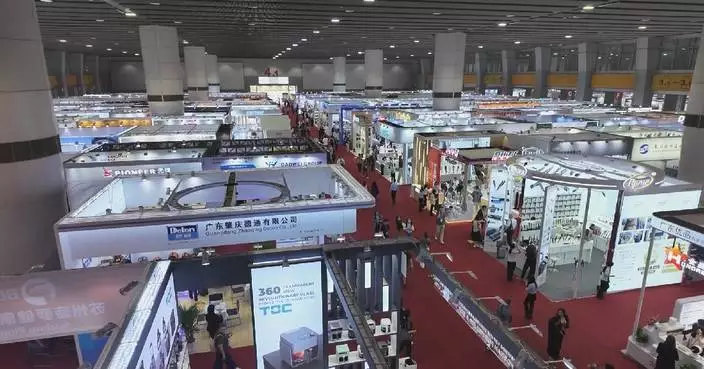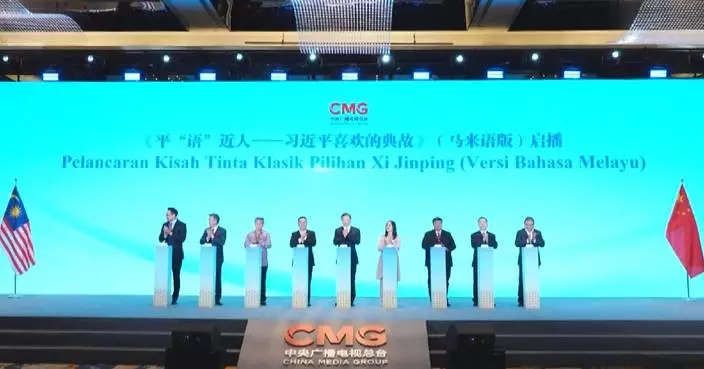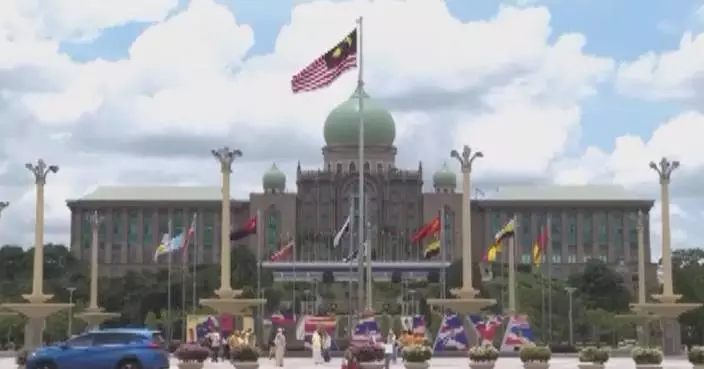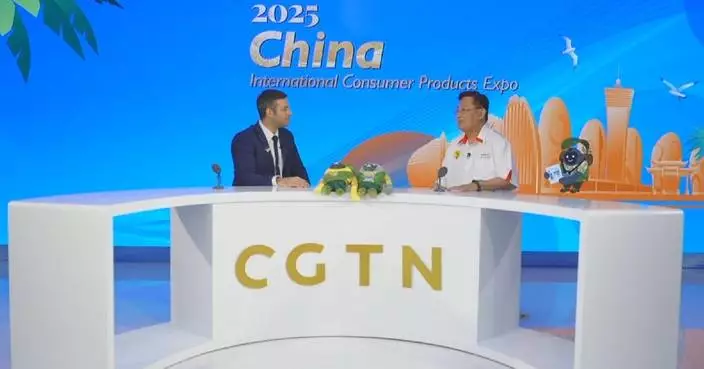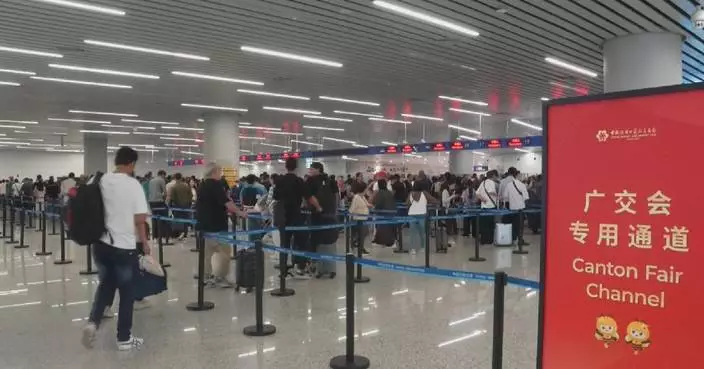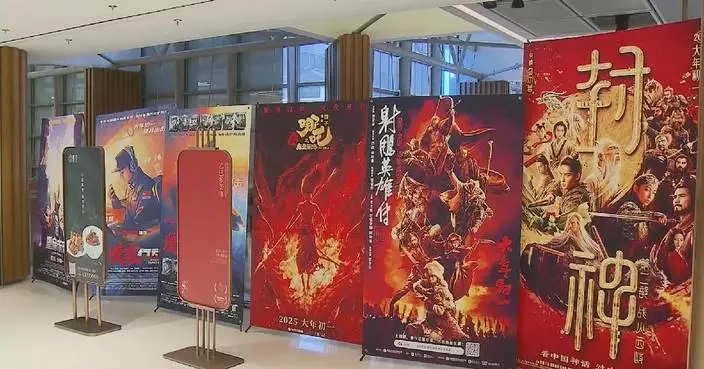Western sanctions on Syria have restricted student access to most online platforms that provide essential tools, technology, and software, placing Syrian students at a disadvantage, making them less competitive compared to their peers in other countries.
On the roof of an old building in Damascus, the Syria Astronomical Society — the only institution in the country that teaches space science — organizes various activities for children.
Children come here to catch a glimpse of the moon and stars, gaining knowledge and developing a passion for space. It's an experience unavailable anywhere else in Syria.
"I've been fascinated by space since I was very young. Now, I'm interested in viewing the stars and space through a telescope, and I finally found a place in Syria that offers this experience," said Aram, a 10-year-old visitor.
Space science isn't part of the Syrian school curriculum, so the facility provides the only platform where children can pursue their dreams.
However, these activities are hampered by Western sanctions, which ban the import of telescopes into Syria and block access to essential software and websites.
Muhammad Alusairy, head of the Syrian Astronomical Society, expressed frustration over the sanctions, stating that educational tools should not be targeted, as this unfairly punishes children.
"We wanted to purchase a large telescope, but due to the sanctions, we were unable to do so. We've joined the International Astronomical Union and won several prizes, but we couldn't receive them because of the sanctions. One of our biggest challenges now is the difficulty in importing equipment," said Alusairy.
To provide observational activities for children, the facility relies on two outdated telescopes, which were imported piece by piece and assembled by local staff. There are no computerized telescopes available, let alone AI-driven equipment.
University students also struggle under these restrictions. Jaffar Shakkas, a 23-year-old computer engineering student, describes his university's curriculum as outdated, lacking the newer technologies necessary for daily use.
"There's constantly new information and updates in the world. Many of the educational websites I need to access are either blocked or unavailable because I'm in Syria," said Jaffar.
Error messages like "Forbidden" or "Error 403" prevent students like Jaffar from accessing critical resources. With the financial system blocked and VPNs inaccessible for Syrian-registered numbers, gaining access to these tools requires time and money. Jaffar recounted that it took him a month and four times the usual cost to access one online course.
"For us, there are two halves of the world: one half is inside Syria, and the other is outside. There's a line that separates students here from those outside," said Jaffar.
Though the sanctions are intended to weaken the Syrian government, they are affecting all levels of Syrian society. Disruptions to education have both immediate and long-term consequences, impacting the Syrian children and students who will one day shape the country's future.
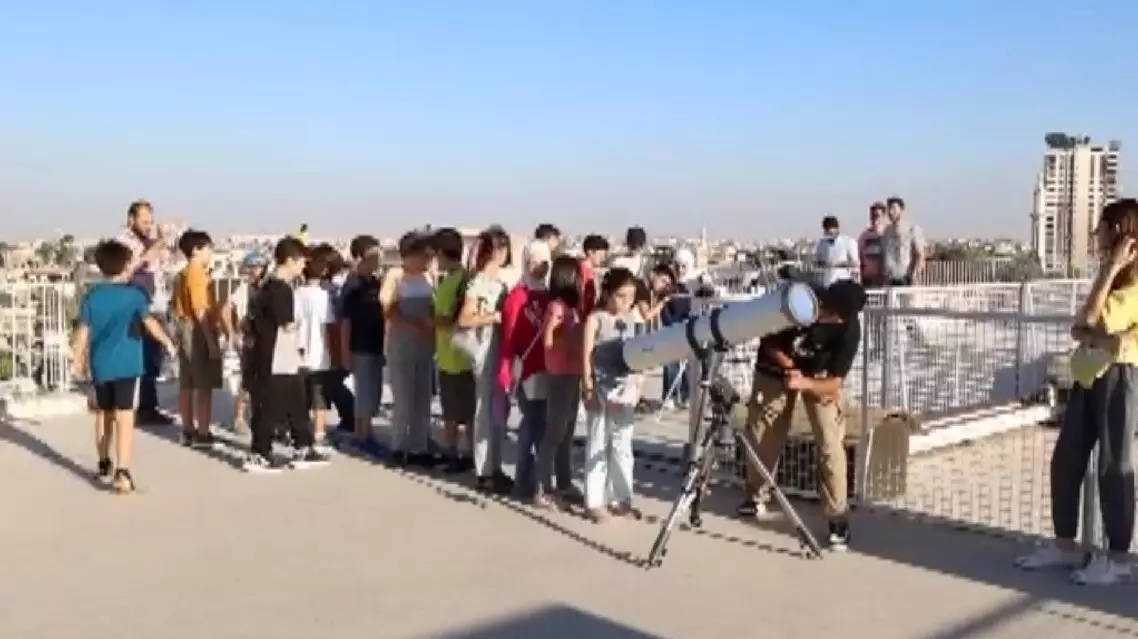
Western sanctions hinder Syrian students' access to education, technology


